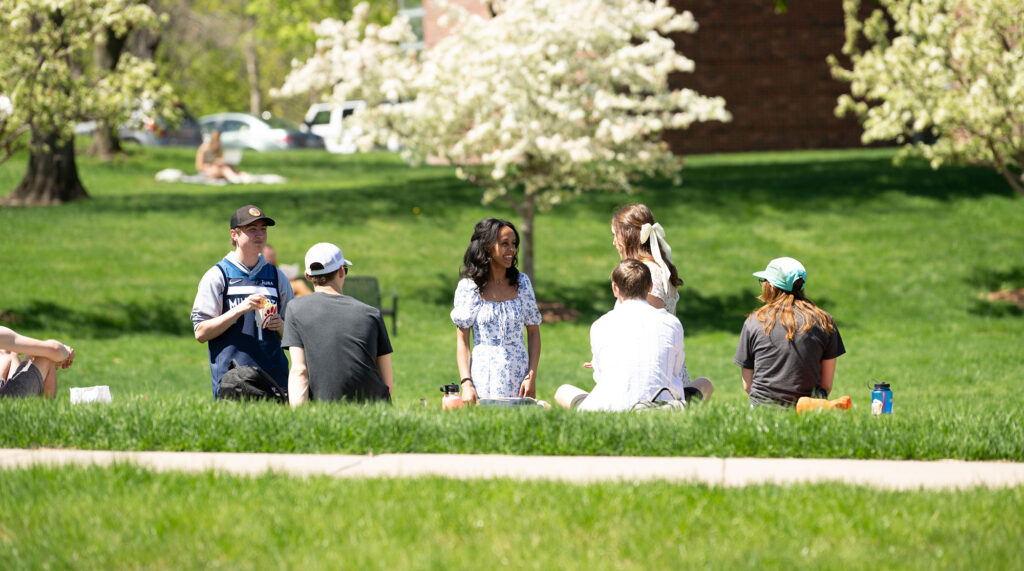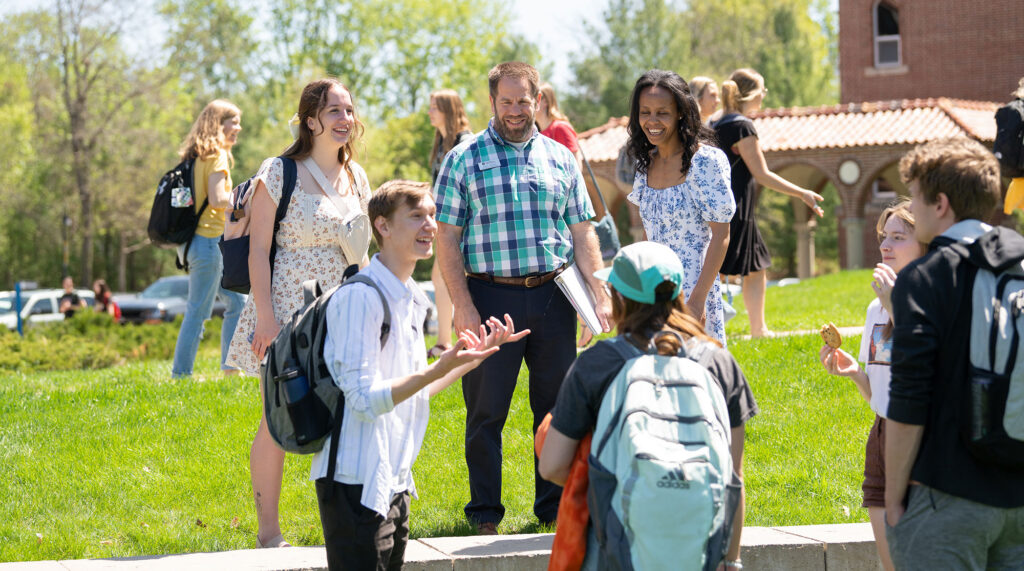American higher education is experiencing a revival of classical education. This education is “classical” in that it retrieves a time-tested educational approach focused on the liberal arts to develop wisdom, virtue, and critical thinking. It sees education as formation of the whole human being—about the cultivation of character, the exploration of life’s most important questions, and responsible service to society than the acquisition of a credential. Classical liberal arts education also equips students to understand, evaluate, and integrate what they read in order to conquer new fields of knowledge, make sound decisions, and serve responsibly as virtuous leaders in their home, church, community, and nation.
Universities largely abandoned this approach in the early decades of the 20th century in favor of specialized training. As America moved from an agricultural to industrial economy, leaders applied the insights of mass production and technical competence to higher education. Education became increasingly specialized, lacking a wholistic vision of the coherence and interrelatedness of knowledge and the importance of intellectual and moral formation. Ultimately, a college education was viewed almost exclusively for its economic value—rather than for the critical way it should shape a person’s moral and spiritual purpose.
But as business leaders testify, a technical-skills-focused approach to undergraduate education is proving incomplete for today’s rapidly changing workforce. Graduates can emerge into their chosen profession to find their technical skills quickly outdated. Without an education that exposes students to a vision for human flourishing or teaches them how to address viewpoint diversity, graduates can find themselves insufficiently equipped to face today’s complex social and cultural challenges. Unless their education has prepared them to adapt, think creatively, and problem-solve, as well as shaped them to be resilient, humble, principled, and self-aware, career opportunities and mobility become limited.
A Fortune 100 corporate executive recently stated that when hiring for leadership positions, executives are looking for graduates with strong social and critical thinking skills, rather than simply a degree in marketing or finance or business. For leadership, a rigorous foundation provided by a classical liberal arts curriculum proves a better measure of potential for success. In addition, with the explosion of AI in the workplace, the focus on critical thinking skills provides graduates with an advantage over the expected outcomes from this technology.
And at Northwestern, you get the best of both. Our Classical Christian Honors College (CCHC) provides a unique way to fulfill the general education requirements of your undergraduate liberal arts degree, while cultivating an understanding of how wisdom and virtue can be applied to modern day issues. The CCHC is a robust classically oriented liberal arts foundation grounded in reading and discussing great works that have shaped human history. Its intentionally small learning cohorts are interactive and designed to catalyze discussion around the enduring questions of human existence while nurturing students’ spiritual growth, humility, intellectual curiosity, and critical thinking ability. Because it fulfills much of Northwestern’s core curriculum, students earn a second major while pursuing a degree in Nursing, Engineering, Music, or any of our other programs.
In the future of our economy, the question might not be what you can do with a strong classical liberal arts foundation, but what you can do without it.
Interested in pursuing a degree at Northwestern? Request more information about a major of your choice or apply today! Interested in the Classical Christian Honors College? Find out more and submit your application today!





